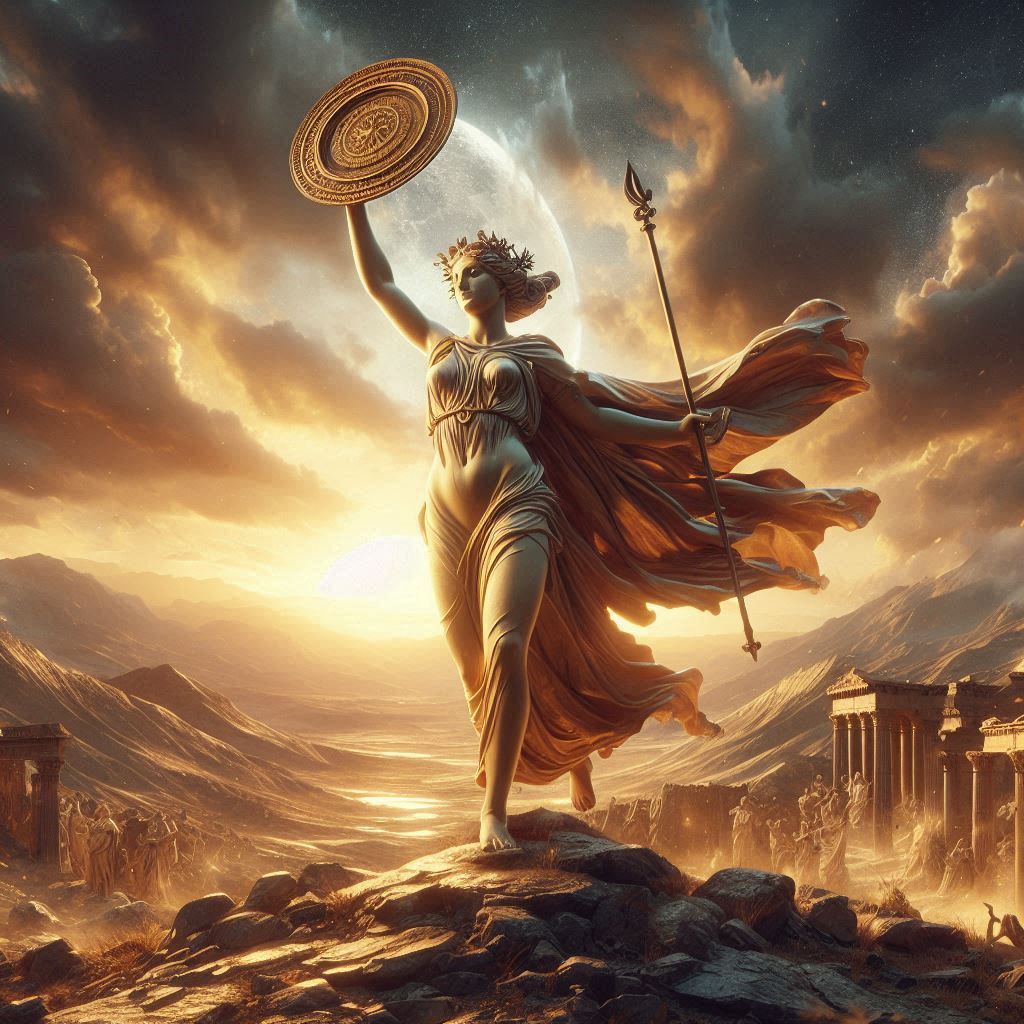Table of Contents
The Origins of Literature
The origins of literature are rooted in the very fabric of human existence, inseparable from the evolution of language, culture, and society. From oral traditions to written texts, literature reflects humanity’s journey through time, serving as a repository of knowledge, emotions, and aspirations. By examining its origins, one uncovers not only the beginnings of artistic expression but also the essence of what it means to be human.

1. Literature in Oral Traditions
Before the advent of writing systems, storytelling was the primary mode of preserving and transmitting knowledge. Oral traditions formed the earliest expressions of literature, encompassing myths, legends, folktales, songs, and rituals. These narratives fulfilled a multitude of purposes: they explained the mysteries of the natural world, imparted moral lessons, and reinforced communal identities.
Anthropological studies reveal that early societies used mnemonic devices such as rhythm, repetition, and rhyme to ensure the accurate transmission of stories. For instance, the epic poems of ancient cultures, like the Indian Mahabharata or the Greek Iliad and Odyssey, were first conveyed orally by bards before being recorded. These works, though monumental in their artistic merit, also served as cultural encyclopedias, chronicling history, religion, and societal values.
2. The Advent of Writing
The invention of writing marked a pivotal moment in the history of literature. Around 3200 BCE, cuneiform script emerged in Mesopotamia, followed by Egyptian hieroglyphs and the early Chinese logographic systems. These writing systems transitioned human communication from ephemeral speech to enduring text, enabling ideas to traverse time and space.
Early written literature often revolved around religious or administrative purposes. Texts like the Epic of Gilgamesh, inscribed on clay tablets, are among the first recorded literary works. This Sumerian epic explores themes of mortality, friendship, and human striving, demonstrating the enduring concerns of human existence.
Simultaneously, sacred texts like the Rigveda in India, the Book of the Dead in Egypt, and the Bible in the Middle East emerged, intertwining literature with spiritual and moral guidance. Writing transformed these works into canonized forms, preserving them for posterity and cementing their influence on subsequent cultures.
3. Literature as Reflection of Society
As societies grew more complex, so did literature. In ancient Greece and Rome, the written word flourished, exemplified by the philosophical dialogues of Plato, the plays of Sophocles, and the epics of Virgil. These works not only entertained but also served as instruments of education and civic discourse, exploring themes of justice, duty, and human nature.
In medieval Europe, the rise of religious institutions shaped much of the literature, from hagiographies to theological treatises. Yet, this period also saw the growth of vernacular literature, such as The Canterbury Tales by Chaucer and The Divine Comedy by Dante, which made literary expression accessible to broader audiences.
In non-Western cultures, literature developed along unique trajectories. The oral epics of West Africa, like the Sundiata, the classical poetry of China, and the storytelling traditions of the Americas enriched global literary traditions, each reflecting the distinct cultural, historical, and philosophical underpinnings of their regions.
4. Printing Press and the Democratization of Literature
The invention of the printing press in the 15th century by Johannes Gutenberg revolutionized the production and dissemination of literature. Texts that were once laboriously copied by hand could now be mass-produced, facilitating the spread of knowledge and ideas. This technological leap democratized access to literature, laying the groundwork for the Renaissance and the subsequent Enlightenment.
Authors like Shakespeare, Cervantes, and Milton flourished in this era, producing works that continue to shape literary canons. The printing press also enabled the rise of diverse literary forms, including novels, essays, and pamphlets, reflecting the changing tastes and intellectual pursuits of society.
5. Literature’s Evolution and Enduring Relevance
From its inception, literature has been a dynamic entity, evolving with the technological, linguistic, and cultural transformations of human societies. The Industrial Revolution, colonial encounters, and the rise of modernism brought new voices and forms to the fore, as seen in the works of Kafka, Woolf, Tagore, and Achebe.
In the 21st century, digital media and globalization have further diversified literature, incorporating voices that were historically marginalized. Despite these changes, the core function of literature remains unchanged: to articulate the human experience, bridge cultural divides, and inspire reflection.
Conclusion
The origins of literature are inseparably tied to humanity’s quest for meaning and connection. From oral traditions to written masterpieces, literature has served as a mirror to society, capturing the triumphs, tribulations, and transformations of human civilization. As a living testament to our shared history, literature continues to shape and be shaped by the collective consciousness, ensuring its relevance across generations.


One response
I believe this internet site holds very excellent pent subject matter articles.